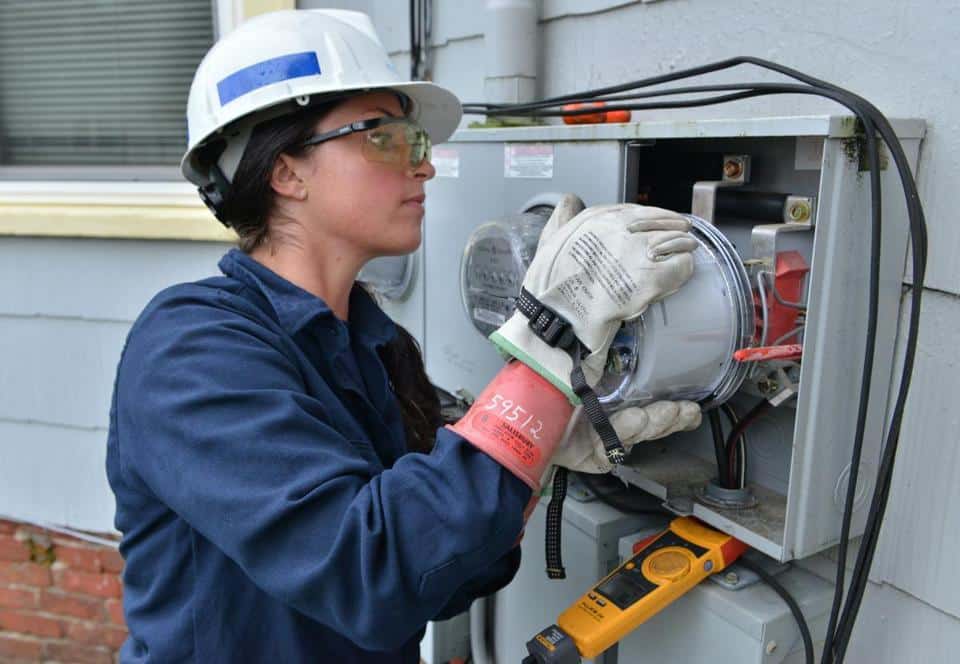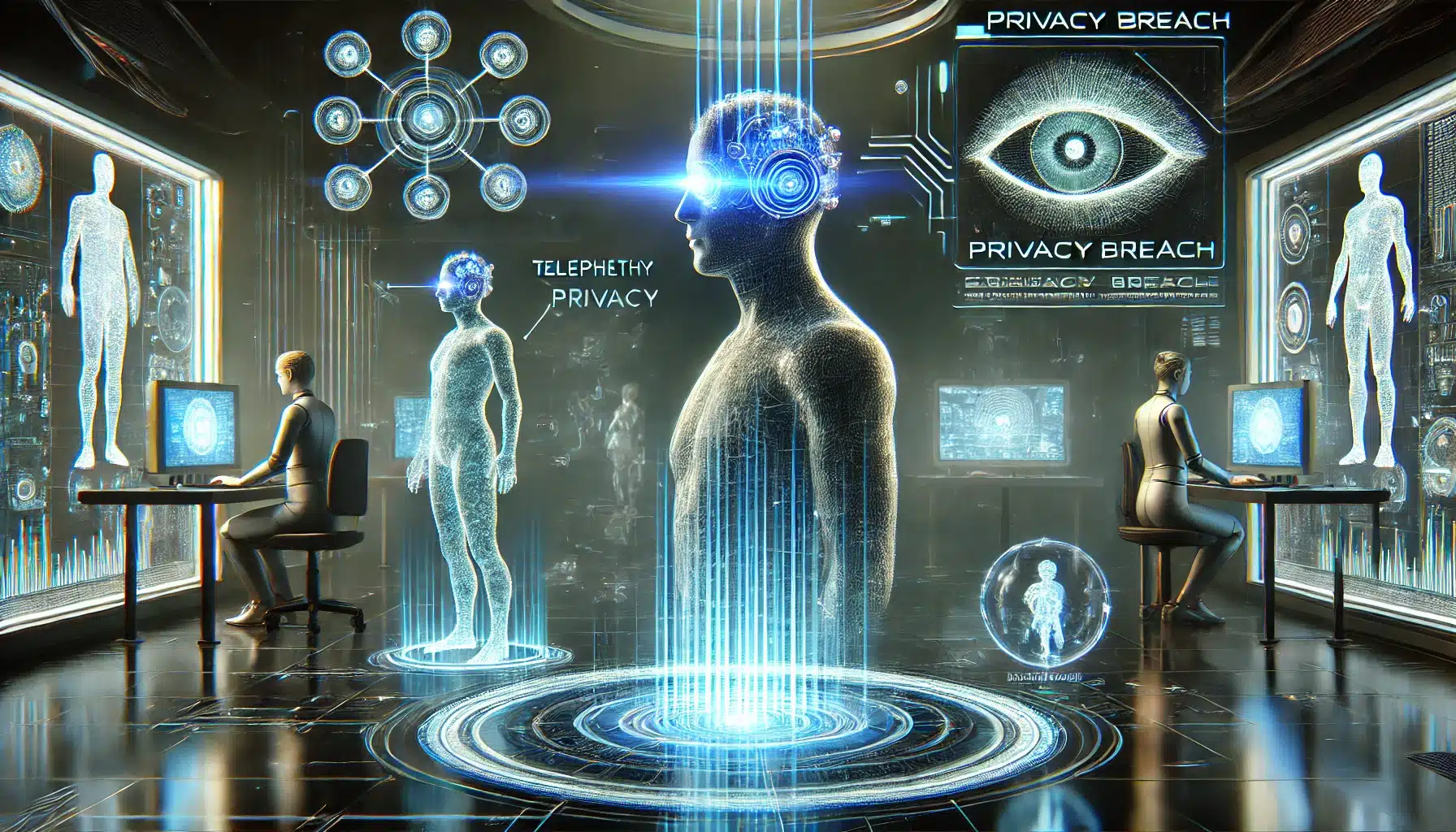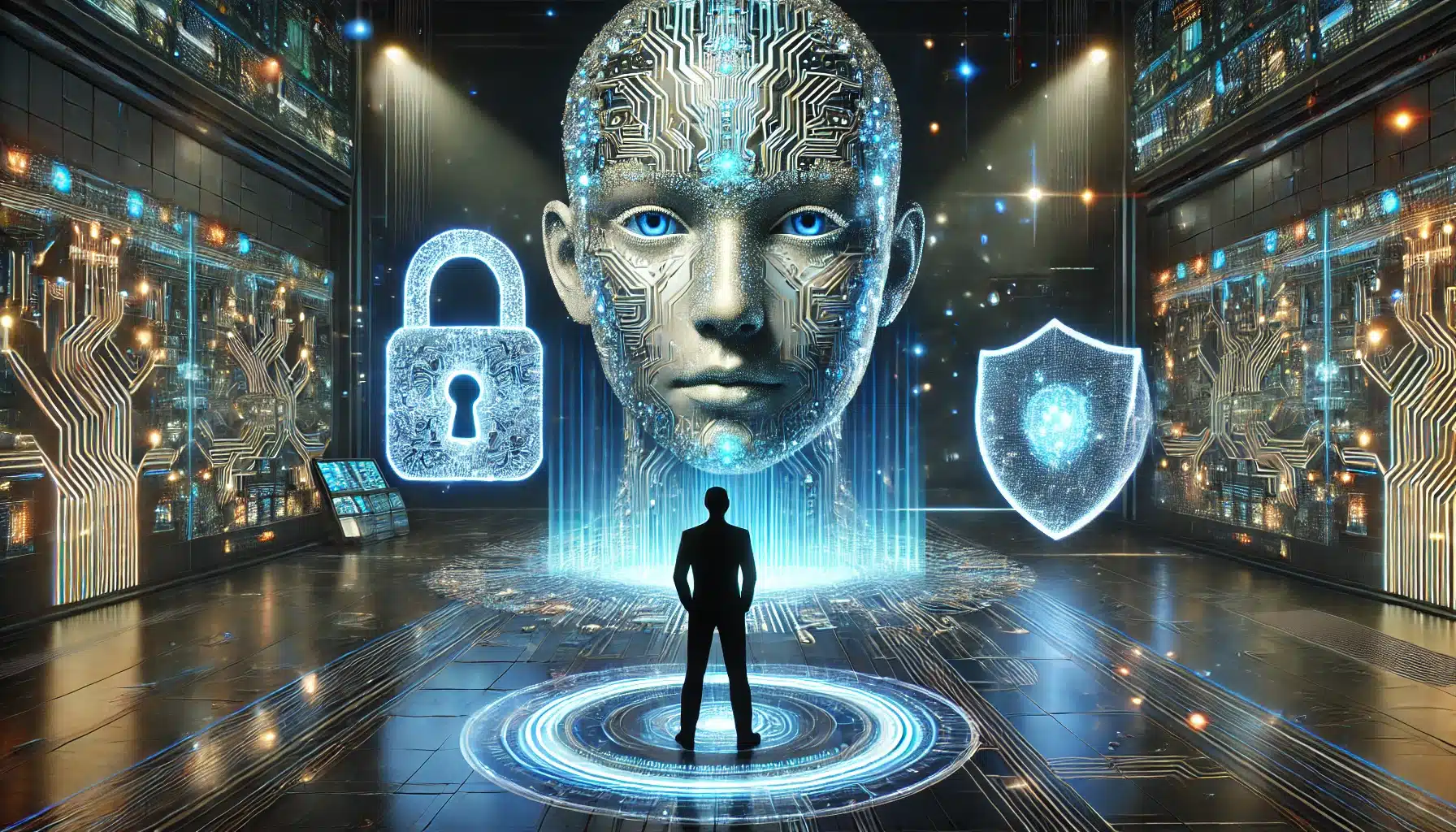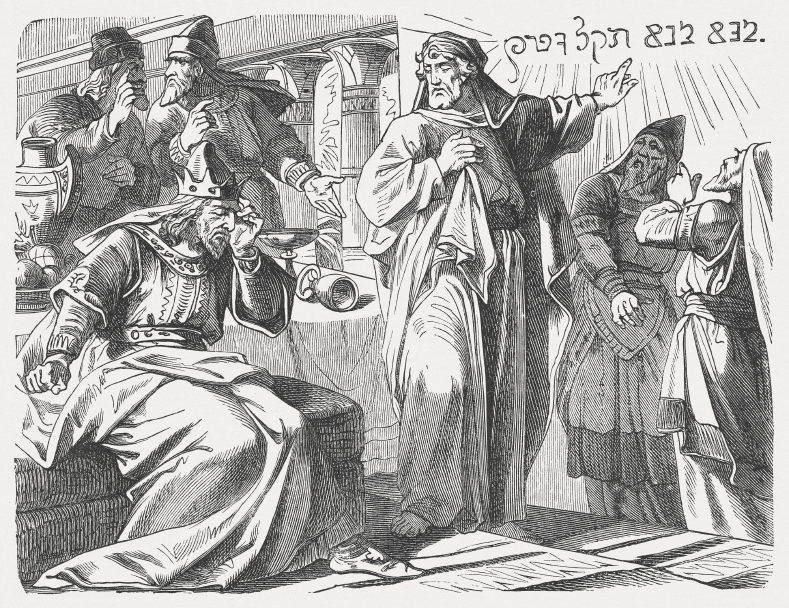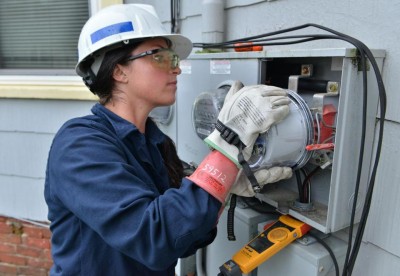
Smart grid projects around the nation are coming under increased scrutiny, just as the US government increases its support of the idea.
Still, the United States Department of Agriculture (USDA) recently issued a $14.3 million Smart Grid Technology grant for the furtherance of smart grid systems in rural parts of America. Meanwhile, the National Institute of Standards and Technology (NIST) is seeking public comment on cyber security policies for utility companies who include the high-tech grid system in their service programs.
The Obama administration and power companies say smart grid technology makes the system more efficient.
But as Off The Grid News reported, opponents say smart grids negatively impact privacy, cause fire risks and drive up electricity prices. The devices utilize wireless radios to communicate data about electrical usage, and can raise or lower temperatures in houses, although utility companies say customers would have the ability not to participate.
Eight states have passes laws or regulations making it easier for customers to opt out of smart meter technology, according to The Boston Globe.
Harness the power of the sun when the power goes out…
One of the smart grid (or smart meters) outlined in the NIST report focuses on privacy concerns voiced by residents who feel forced to allow the non-traditional meters into their homes. An excerpt from page 20 or the report reads:
In the current operation of the electric utilities, data taken from traditional meters consists of basic data usage readings required to create bills. Under the Smart Grid implementation, smart meters will be able to collect other types of data. Some of this additional data may constitute personal information or may be used to determine personal activities. Because of the associated privacy risks, only the minimum amount of data necessary for services, provisioning, and billing should be collected.
Naperville, Illinois, residents can be counted among those concerned about smart meters. Residents of the town filed a federal lawsuit to stop what they deem an invasion of their privacy by smart grid technology. The Naperville Smart Meter Awareness vs. City of Naperville lawsuit alleges that the city-run utility company failed to consider privacy concerns of consumers when installing the technology.
Opponents of smart meters in Naperville released a report summarizing their privacy concerns. Following are excerpts from the report:
- The potential for stalkers to track their victims and for criminals to determine when homes are unoccupied.
- The potential for insurance companies to make adjustments by knowing when customers leave appliances on when the home is unoccupied.
- In the legal realm, the ability by police to know when a defendant was home — without needing a warrant.
- The ability for landlords to know more about a tenant’s electricity usage.
The Truth About Smart Grids website boils down exactly how smart meter usage could be used as an investigatory and privacy infringing tool for those of us without an IT degree:
As a general rule, the ability to discern occupancy and specific activities from smart meters depends on the time resolution of the energy consumption data collected. Daily readings would generally enable one to determine dwelling occupancy over time. As the data collection intervals are further reduced, a load profile is revealed that allows determination of general movement and activities within a dwelling on an hour by hour basis. With further increased granularity of the data, usage of individual appliances within a dwelling can be identified.
Cyber security is often one of the most hotly debated topics when smart meters and the smart grid is discussed. As previously reported by Off The Grid News, former Department of Homeland Security (DHS) Secretary Janet Napolitano said that a cyber attack on the power grid is a matter of “if” and not “when.”
The Take Back Your Power documentary researched the privacy, health and economic impact most associated with smart meters:
Homeowners, experts, doctors, local governments, environmentalists, and health organizations around the world are saying ‘NO’ to smart meters, which are quietly being installed on every home and business worldwide – without disclosure of the risks and the violations of rights.
According to Take Back Your Power, smart meters may have a negative impact on human blood cells. Maine environmentalist Ed Friedman is one of the folks leading the charge against smart meters in America. Friedman believes that smart meters not only prompt an invasion of privacy, but pose health risks as well. He also objects to the utility company or any governmental agency, being able to receive and transmit information from his home without his permission. “I called the company, I said we didn’t want one,” Friedman said. “And they said ‘You don’t have a choice.’ That got my back up. In this country, we have no choices about technology.”
Do you think that the smart grid makes us more vulnerable to a cyber attack on the power grid and smart meters pose invasion of privacy risks?


